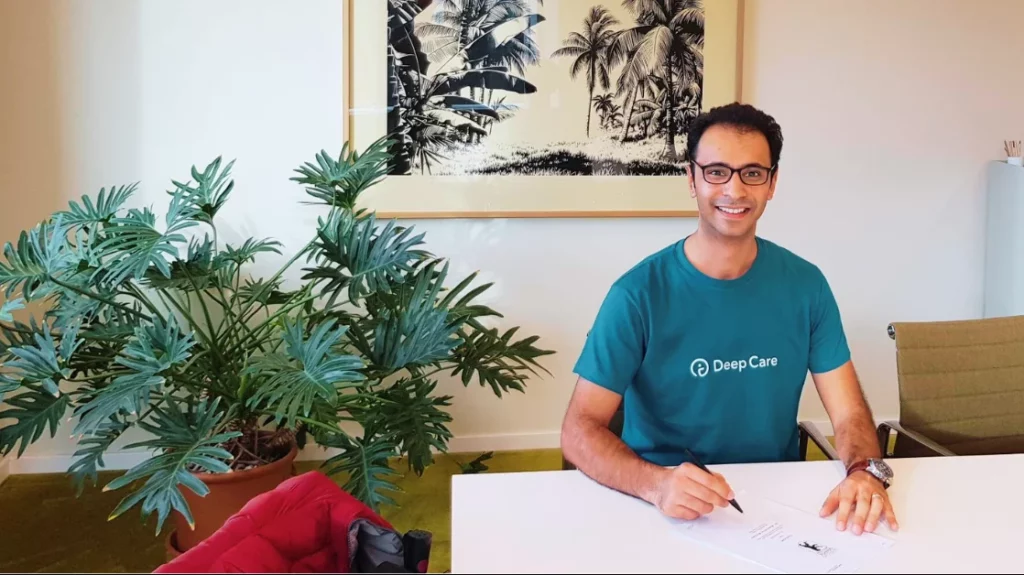One in four people in Silicon Valley are at risk of hunger, according to a report in The Guardian sponsored by the Bill & Melinda Gates Foundation.
Second Harvest food bank have watched an uncomfortable trend unfurl in Silicon Valley, as more high-paying tech companies have moved into town, the cost of everything has gone up. In turn, the less well-off residents of the area – those not earning top whack from Silicon Valley’s Finest – face a tech bubble economy that has floated upwards, leaving them behind.
The problem is part of a broader trend, the problem is so vast that it reaches from rural Africa to the heart of Palo Alto. The UN’s Food and Agriculture Organization puts the global number of people who are undernourished or food insecure at 793 million. The topic made an appearance in Germany at the Agritechnica conference, where industry leaders discussed the poignant question of why, amidst so much technological development, food insecurity remains such a big issue.
Many startups have been developing disruptive solutions to address the issue. Transfernation, for instance, already having rescued 165,000 pounds of food from landfills and instead, delivered it to 140,000 people by simply creating an on-demand food redistribution platform that allows companies to easily donate (incentivized by tax deductions) unused food from corporate events and caterings.
In Africa, WeFarm is already up and running, and providing good results. The platform is a social network that is working to improve food security. If, for example, a farmer notices something weird about his crops he can send out a message and crowdsource a solution. The platform has its HQ in London and is being trialed in Kenya, Uganda and Peru.
Meanwhile, closer to Silicon Valley, PawnGuru have teamed up with FoodFinder to provide access and information to connect those in need with the network of food banks across the US. In the run-up to the holiday season food prices spike, and the 21 million children who usually get reduced price or free lunches are left to contend with no increase in their budget.
“Food insecurity can’t be fixed overnight or by a single company. But tech companies can and should use their skills and their wealth to fight hunger in their communities.” Says PawnGuru CEO and co-founder Jon Polter, “It’s important that we keep looking for ways to keep supporting FoodFinder, as well as other organizations, year-round.”










